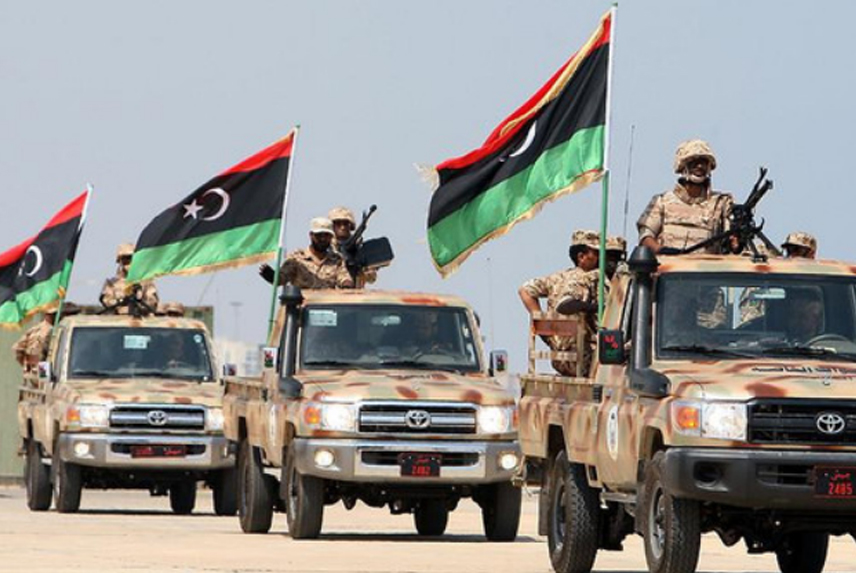
Posted On : Dec 15 2020
Libyan Islamic Fighting Group (LIFG) : From Militancy to Disarmament
The Libyan Islamic Fighting Group (LIFG) is an Islamist organization with a complex history deeply intertwined with Libya`s tumultuous past.

Founded in the 1990s, the group initially pursued an armed struggle to establish an Islamic state in Libya. However, over time, LIFG underwent a significant transformation that culminated in its decision to renounce violence. This article delves into the origins, ideology, evolution, and current status of the Libyan Islamic Fighting Group.
LIFG emerged in the early 1990s as a response to the authoritarian rule of Colonel Muammar Gaddafi. Comprised of Libyan militants who had fought in Afghanistan during the Soviet-Afghan War, the group's core ideology was rooted in Salafi-jihadism. LIFG aimed to establish an Islamic state in Libya based on its interpretation of Sharia law.
Throughout the 1990s and early 2000s, LIFG was involved in a series of armed actions against the Gaddafi regime. The group was accused of carrying out bombings and assassinations, resulting in casualties and instability in Libya. Its violent activities led to LIFG being labelled a terrorist organization by several countries and international bodies.
In the mid-2000s, LIFG underwent a significant ideological shift. Some of its leaders began advocating for a more peaceful approach and re-evaluation of their extremist beliefs. By 2009, LIFG leaders publicly declared their renunciation of violence and their desire to engage in a peaceful dialogue with the Libyan government.
LIFG's decision to renounce violence marked a crucial moment in Libya's history. In 2010, the Gaddafi regime released hundreds of LIFG members from prison as part of a reconciliation effort. Some former LIFG members took on prominent roles in the post-Gaddafi Libyan government, including the National Transitional Council and subsequent administrations.
During the 2011 Libyan Revolution, many former LIFG members played active roles in the opposition to Gaddafi's rule. This included military activities and political leadership within rebel forces. The revolution ultimately led to the overthrow and death of Gaddafi, marking a significant turning point in Libya's history.
After Gaddafi's fall, Libya faced significant challenges in terms of governance, security, and the proliferation of armed groups. Some former LIFG members were involved in various political and military capacities, adding complexity to the post-revolutionary landscape.
LIFG no longer exists as an active militant organization in Libya. Many of its former members have pursued different paths, including political engagement and participation in the country's democratic process. Libya's evolving political landscape and ongoing conflicts have shaped the roles and allegiances of former LIFG members.
The Libyan Islamic Fighting Group (LIFG) represents a remarkable case of a militant organization undergoing a significant transformation. From its origins as a jihadist group seeking to establish an Islamic state through armed struggle, LIFG shifted towards non-violence and reconciliation. The group played a role in the Libyan Revolution and the subsequent post-Gaddafi era, with many former members engaging in political and military activities. LIFG's evolution serves as a reminder of the dynamic and complex nature of armed groups in conflict zones, and the potential for individuals and organizations to change their ideologies and strategies over time.
No Comments Added




















